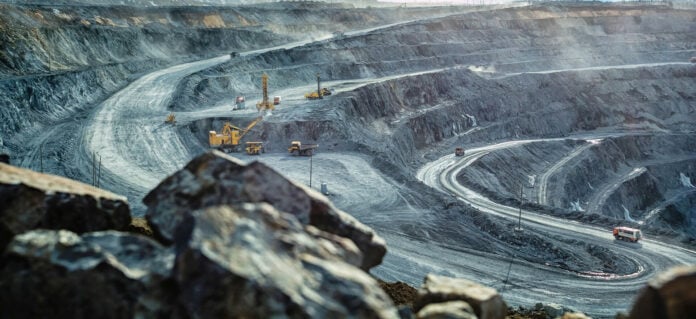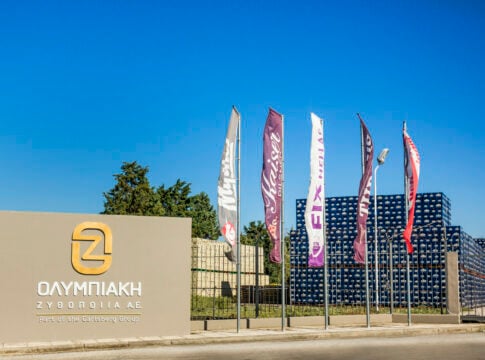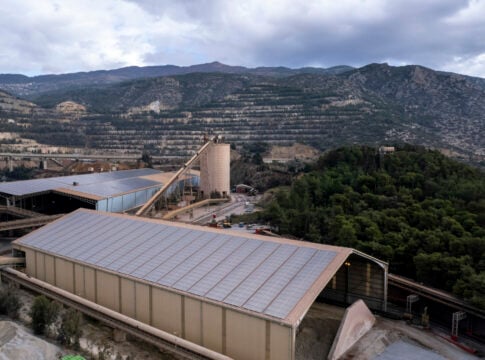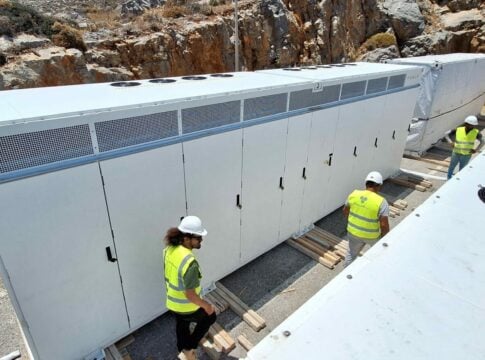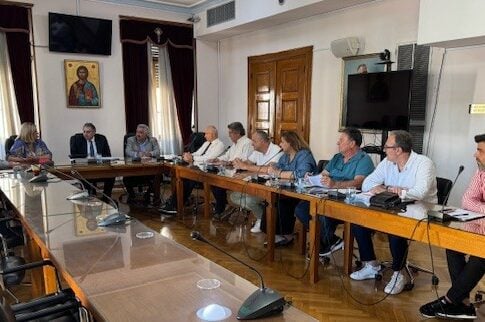Businesses related to the energy transition, the reduction of greenhouse gas emissions, green and new technologies constitute a mineral demand-intensive economy, as both industry representatives and financial analysts pointed out.
According to recent research by EY, there are five challenges for the mining industry in 2024 – environmental management practices, social relations and corporate governance (ESG), securing capital, social license to operate, climate change, and digital[ innovation.
Challenges Europe and Greece
The European Union-funded STRADE study highlighted that domestic production of minerals is low compared to domestic consumption. The European Union is not a major global producer of mineral raw materials, policy and legislation on mineral resources remain the responsibility of individual Member States, the issue of social acceptance is often presented as a choice between accepting mining activity and protecting the environment. Social acceptance often extends beyond the local communities directly affected by the mining activity. In the same study, three key challenges for investors and mining operators in the EU are identified: access to geological data and data quality, the right to mine and security of mineral ownership, the prevailing perception of mining in the EU.
According to the Foundation for Economic and Industrial Research (IOBE) in its study on manufacturing, strategic industrial ecosystems in the EU such as energy-intensive industries, the automotive industry and renewable energy, as well as construction and the health sector, depend on the supply of raw materials.


